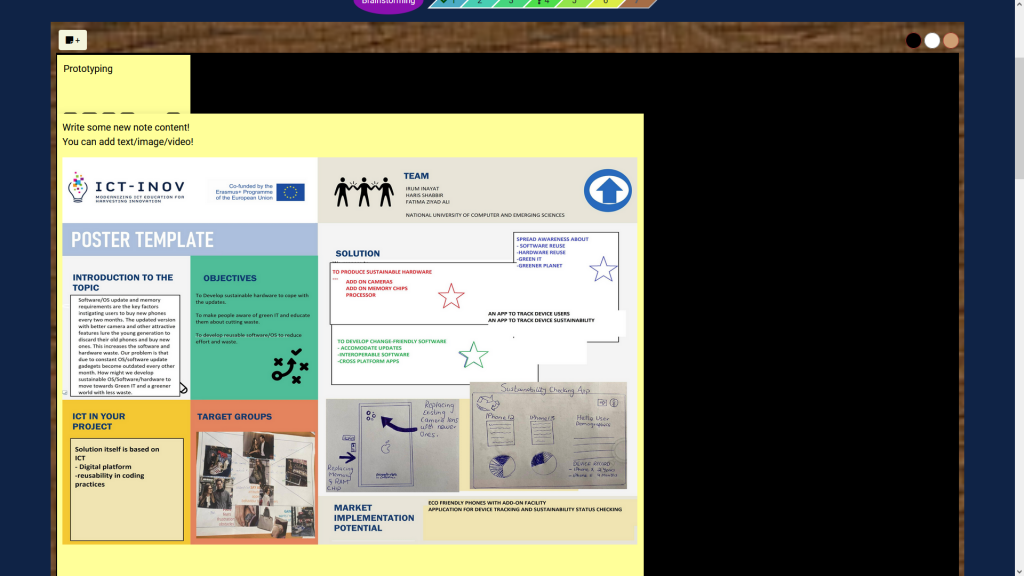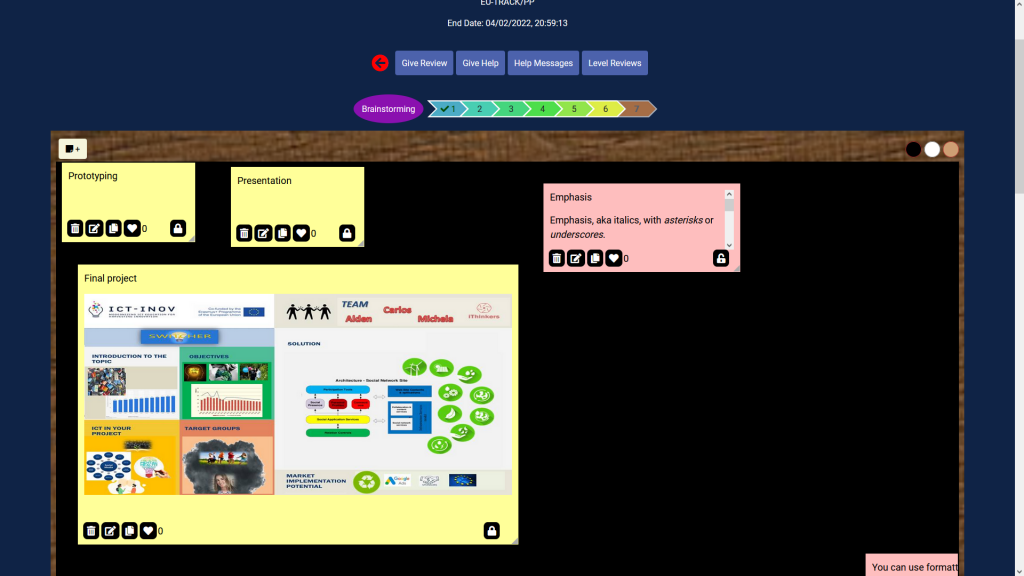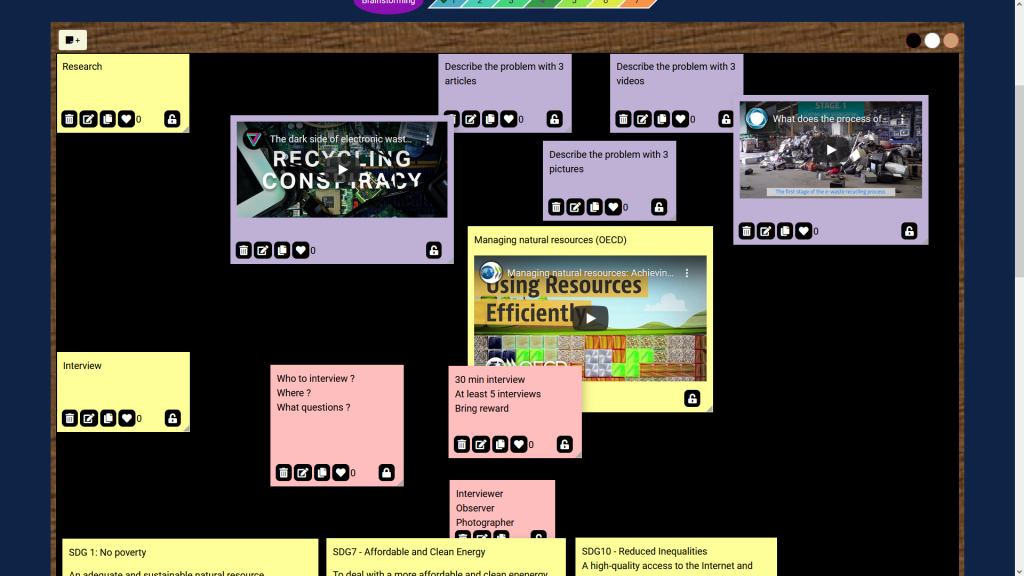
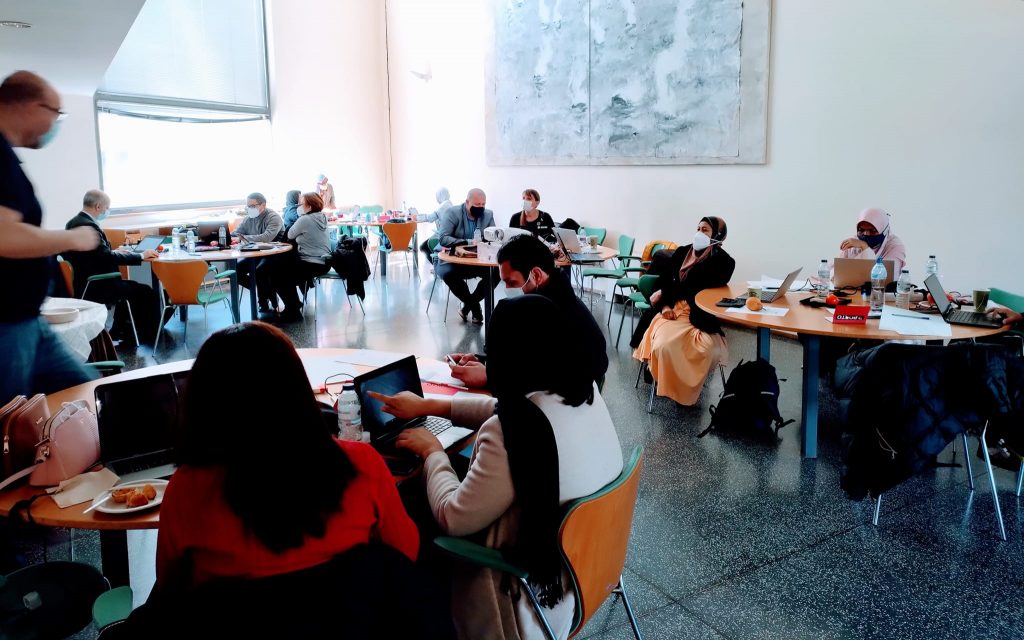
Date and location
An instructor training event took place from January 31 to February 4, 2022 in Porto, Portugal. The event took place in hybrid mode, with participants engaging in person, while a second smaller group received a condensed version of the training on February 11, 2022 virtually.
Audience
The event was attended by 16 higher education instructors from Porto Polytechnic (Portugal), EU-Track (Italy), Tallinn University (Estonia), University of Malaya (Malaysia), University Tenaga Nasional (Malaysia), and National University of Future and Emerging Sciences (Pakistan), who will transfer the new knowledge to their organizations for capacity building on innovation. An additional 8 individuals from Hanoi University (VN), Von Newmann Institute (VN), Kathmandu University (NP), Tribhuvan University (NP), and ISRA University (PK) attended the training virtually on February 11, 2022 due to COVID-19 related restrictions.
Activities
The event covered fundamental principles and practical application of design thinking. Participants had the opportunity to actively engage in design thinking, following the steps of team building, problem discovery, empathy, problem-statement definition, ideation, and prototyping.
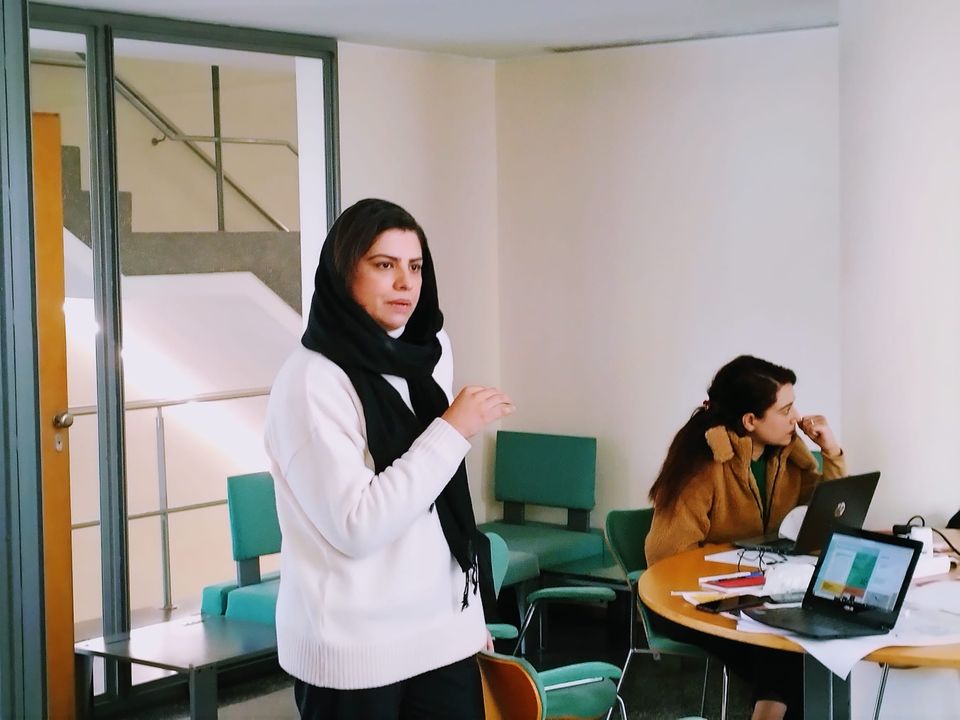
Participants experienced the design thinking process from the point of view of a student and of an instructor. Throughout the event, participants deployed both off-line and on-line tools for implementing design thinking steps, including the ICT-INOV digital collaborative platform.
Participants engaged in design thinking activities on the topic of Green IT. They worked in 4 teams, each of which focused on a different aspect of Green IT, including recycling, reuse, extending the life of hardware, croudsoursing, and energy consumption reduction. The results are documented in solution posters that are available through the ICT-INOV platform and are also presented at the end of this page.
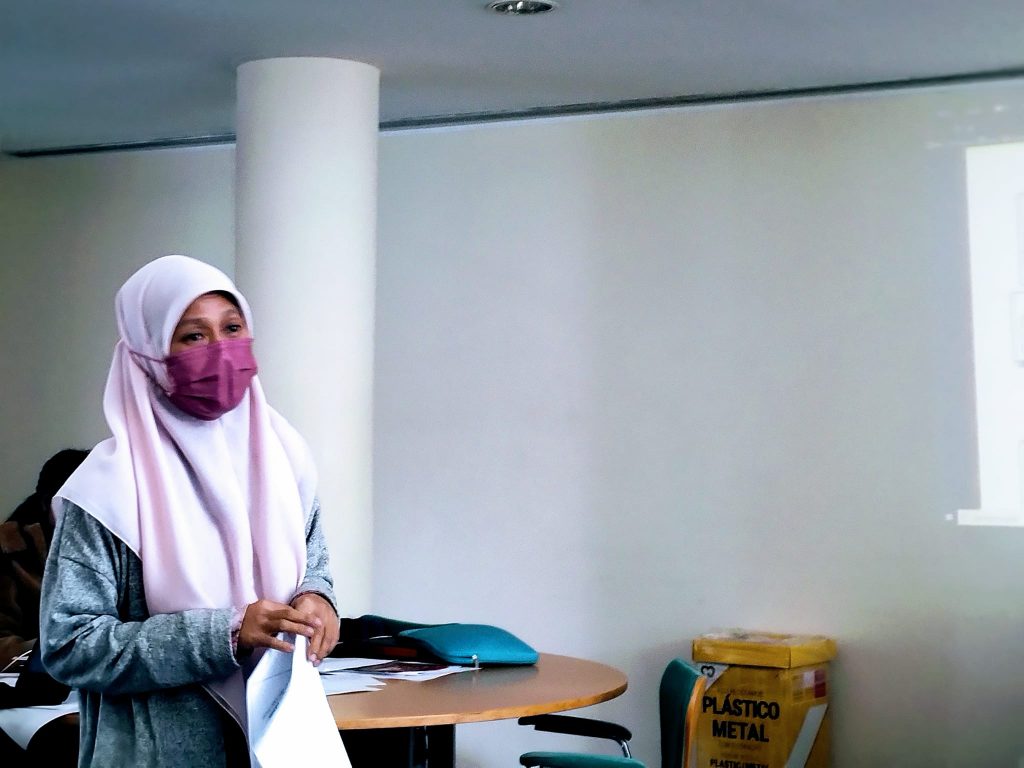
Participants will transfer the knowledge and experience they developed during the event to their academic organizations, training additional groups of instructors with the objective of capacity building on innovation skill development.
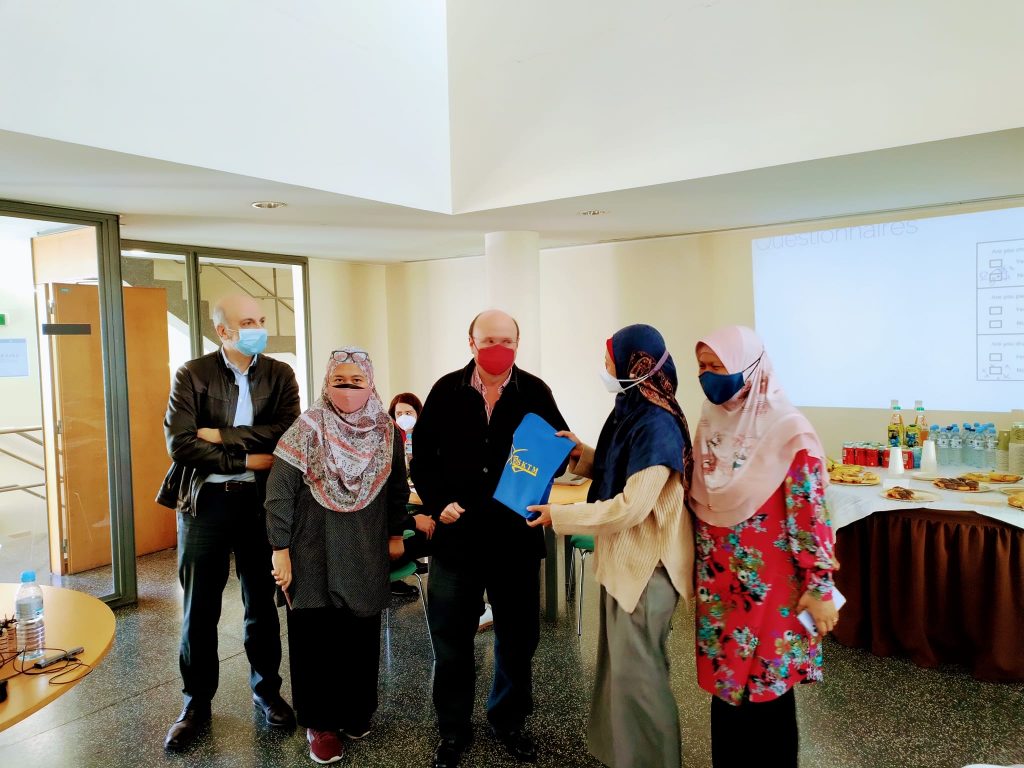
An on-line event took place the following week, on Feburary 10, 2022 engaging educators from Kathmandu University (Nepal), Tribhuvan University (Nepal), ISRA University (Pakistan), Hanoi University (Vietnam), και John Von Neumann Institute (Vietnam) that were not able to attend the face-to-face training due to COVID-19 restrictions.
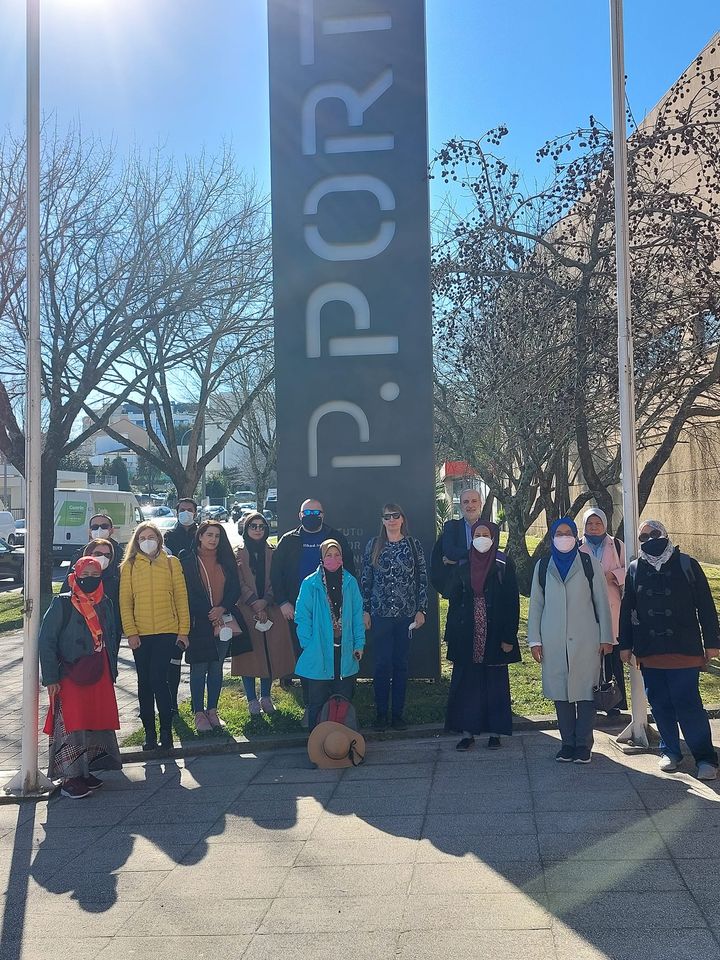
The Porto Polytechnic Vice Rector opened the event and received symbolic gifts from the University of Malaya. The event covered fundamental principles and practical application of design thinking. A full agenda was developed for the week-long activities (see link below for full agenda). In summary, participants engaged in the following:
On day 1 of the event, participants engaged in creativity, warm-up, and team building exercises. They were presented with the central topic of the workshop, namely the problem to which they were challenged to introduced solutions, which was “Green IT”. To facilitate the work, participants followed a presentation on sustainability.
Subsequently, participants worked on creativity exercises, which aim at encouraging the participation of students in innovation activities. The exercise that participants worked on challenged them to design something of use to someone through the integration of predefined geometric shapes.
Then, participants worked on team building exercises, which aim at either breaking the ice among class members or getting team members to know each other better. The exercise that they worked on challenged them to discover the interests and hobbies of everyone in the room based on questions on a bingo card, with the person that completed the questions first being the winner of the activity.
On day 2 of the event, participants engaged in problem discovery, the implementing exercises on project research, establishment of associations, setting up and conducting interviews, and other activities. The designed a “user persona”, namely a description of a characteristic user. To achieve this, participants were exposed to tools such as a user map, a description of what a user sees, hears, feels, and is exposed to, and the user’s journey, a description of user experiences throughout her life which lead to needs and desires of today. Teams presented the findings of their problem discovery work.
On day 3 of the event, participants on ideation activities. The worked with their team members to introduce an as broad as possible pool of ideas that could be synthesized to create a solution. Teams presented their work to the entire group.
On day 4 of the event, participants engaged in solution synthesis and prototyping. They designed posters of their suggested solutions focusing on key concepts, users, the deployment of ICT for delivering their ideas, design outline, and potential marketing steps.
On day 5 of the event, participants presented their final solutions to the entire group. An award ceremony took place for rewarding the hard work of the week. Furthermore, a discussion followed with further recommendations on deploying the proposed activities in classrooms.
Dissemination and feedback
The event was very well received by the audience. It was disseminated through:
Links on partner organizational portals
Documents and content
The following documents and content was used during the event:
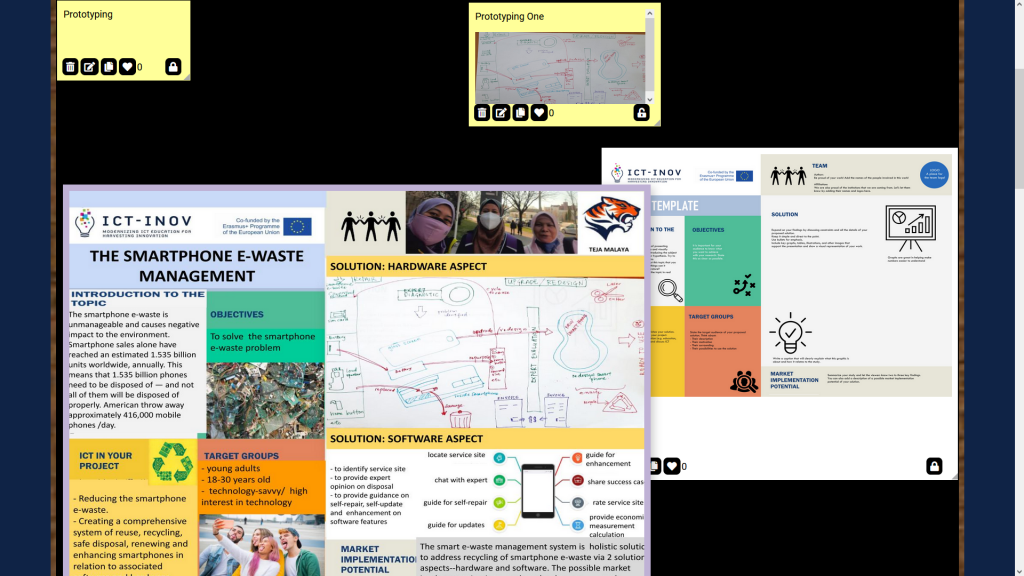
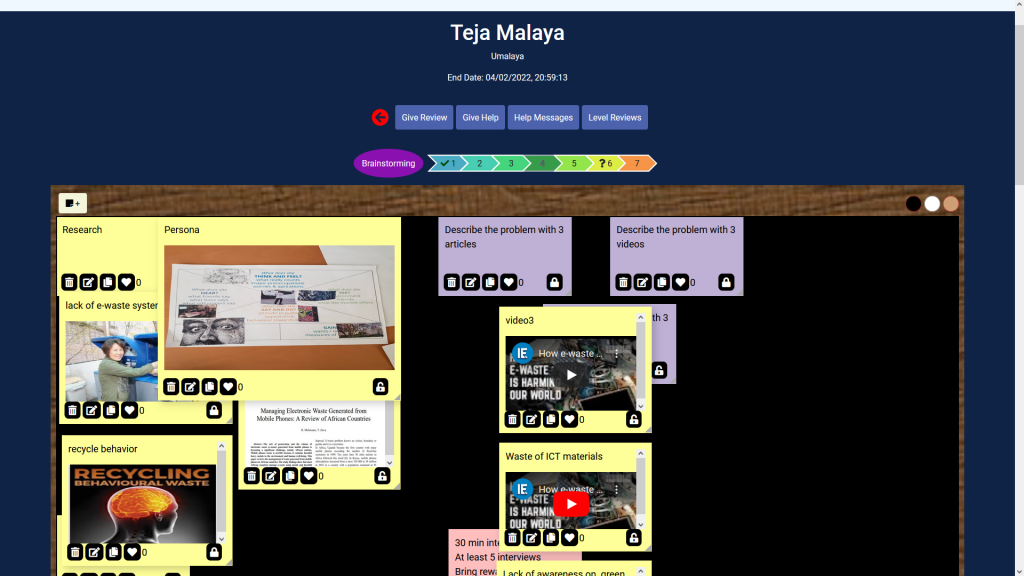
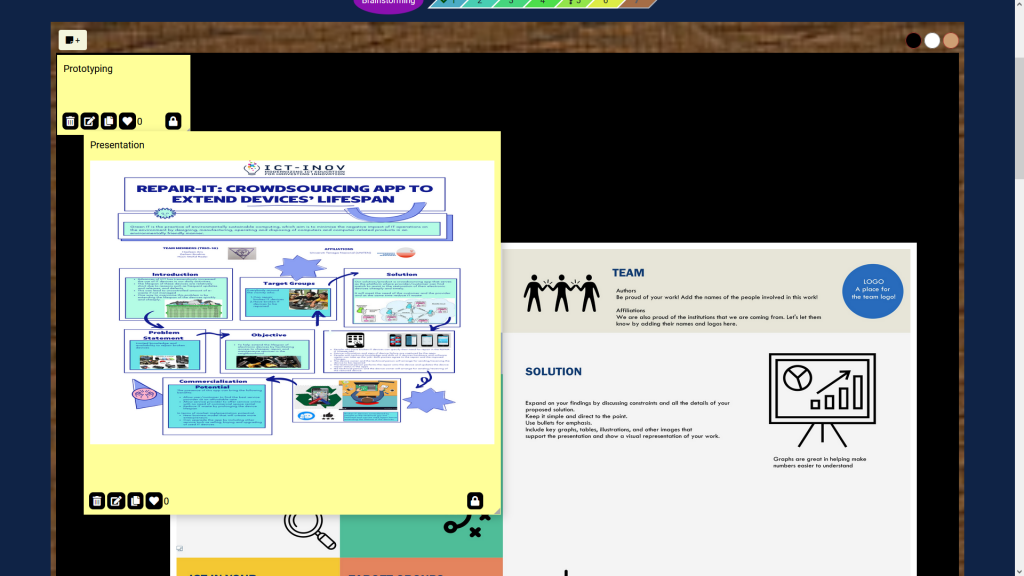
Student projects developed during the training week are available on the ICT-INOV platform.
